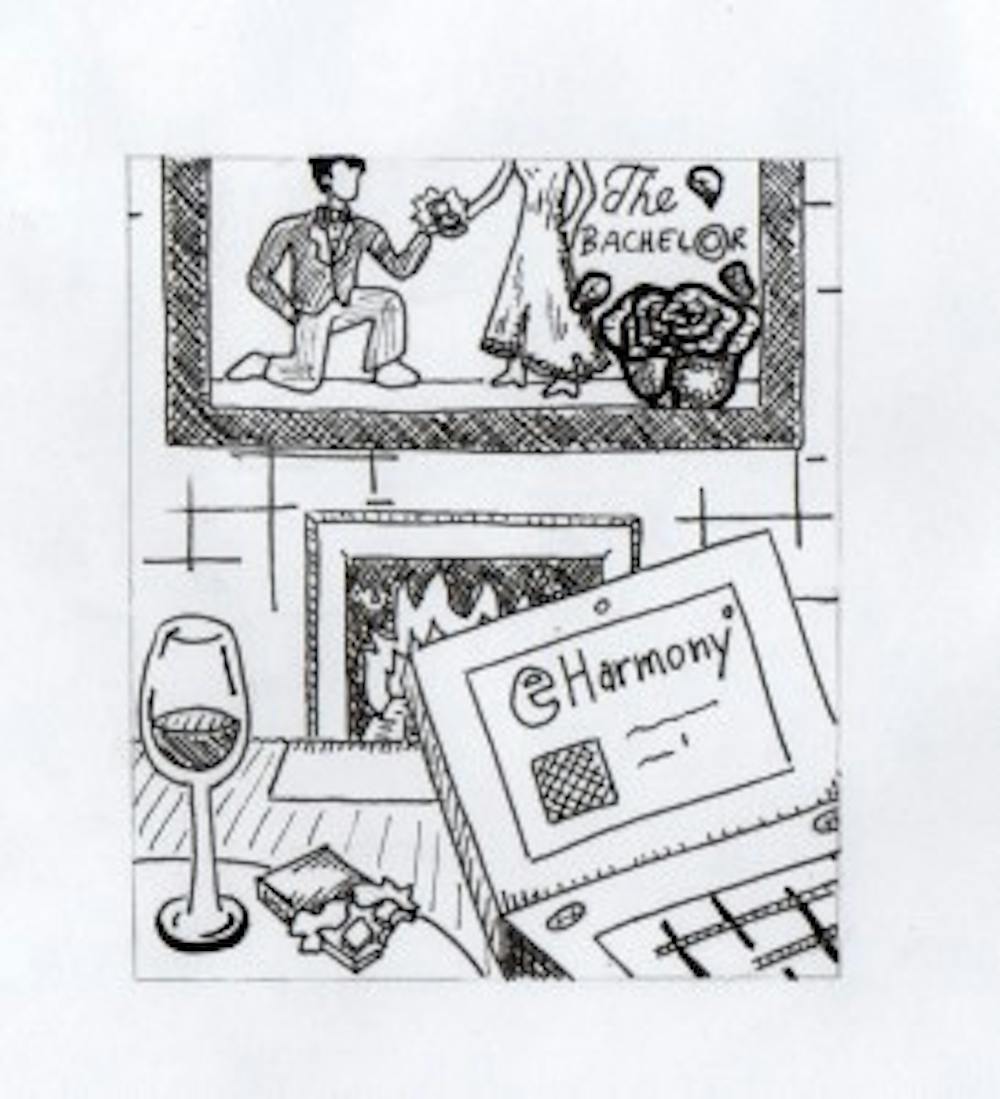I wish I could say I have no time for reality television. I wish I were so busy with work and studying that I simply do not have time to watch shows that are the antithesis of intellectual curiosity. Unfortunately, every week I religiously watch, and feel like I’m actively participating in, the cultural phenomenon that is The Bachelor. Why do I like watching The Bachelor so much? More importantly, why do I have opinions about what happens on The Bachelor? These are questions I ask myself in the effort to prove that yes, I realize it is an inherently absurd show and yes, I am embarrassed that I am so invested in it.
The simple answer is that The Bachelor is a silly show that’s fun to watch when I want to unwind after a long week. This is true, but it doesn’t fully capture my fascination with the franchise. When I take a step back and think about it, there’s absolutely no reason why I should care whether Ben Higgins, a 26-year-old man from Indiana whom I will most likely never come in contact with, will find his soul mate. As a woman who is not much younger than many of the contestants on the show, I should probably take affront to the fact that this guy is “dating” over ten women at the same time and thinks of it as acceptable behavior. (Is this supposed to be justified by the fact that The Bachelorette also exists? That’s a question for another time.) The entire premise of The Bachelor makes a mockery of romantic relationships and creates a false image of what love actually is.
Or does it?
Maybe The Bachelor is onto something. Though our present-day dating culture may tell us otherwise, it’s not completely unnatural for people to get to know each other with the very clear expectation that they will get married. Take my parents, for example. They did not meet in a cute, spontaneous, romantic-comedy scenario. Like most people in India at the time, they had an arranged marriage and have been happily married for 26 years. Not that I am comparing my parents’ marriage to Ben’s quest for love in a sea of random women chosen by ABC, but there’s something to be said for portraying the development of a loving relationship in a way that pop culture doesn’t normally expose to us. True love and understanding is not always about chance encounters or falling for the person “who’s been there all along,” which might just be what’s so entertaining about The Bachelor.
Out of the 19 seasons of The Bachelor and The Bachelorette, only five couples who ended up together at the end of their seasons have gotten married. To me, this statistic seems unsurprisingly low yet surprisingly high. There is so much that is wrong with the show, from racial homogeneity to the portrayal of love as being simply a competition, yet five couples have gotten married because of it. We don’t know what will happen with these relationships in the future, but it seems as though people were still able to fall in love under the ridiculous circumstances that The Bachelor/Bachelorette present.
I still don’t truly understand why I watch and enjoy the show so much. Maybe it’s because love is always a great thing to witness, maybe it’s a commentary on the unexpected ways one can fall in love that draws me in, or maybe it’s a multimillion dollar franchise that tricks people like me into thinking there’s something more to it than 20 women inexplicably fawning over a man they hardly know. Probably the latter, and I should just accept that I’ve fallen victim to it. However, I do believe that there is a deeper reason as to why millions of people tune in every week. Plus Ben seems like a nice-enough guy. Why shouldn’t we want him to find love?
Aishwarya Raje is a senior International Studies major from Princeton, NJ.





